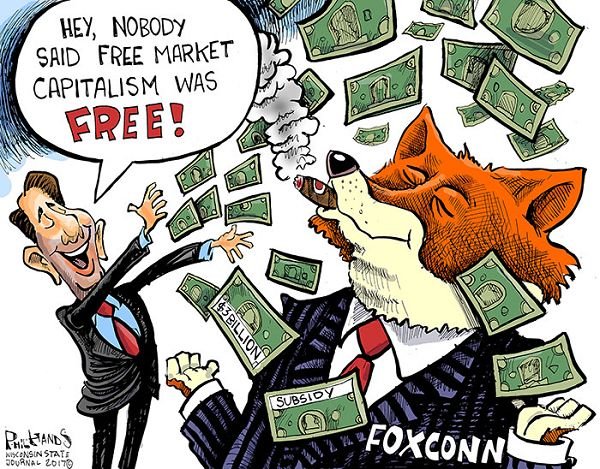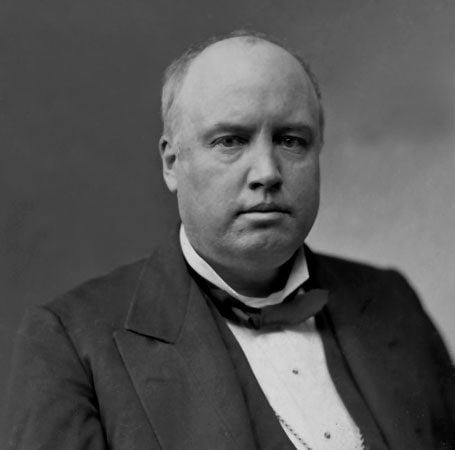
When my oldest was born — I called him my “screamer,” since my daughter’s stillbirth two years prior had filled the delivery room with only an ominous silence — I wanted to care for him like God cared for me.
I was working at the infamous Bob Jones University in Greenville, South Carolina. I was in middle management, if you will — the head of the rhetoric and public address department. My husband and I had graduated with two degrees each from BJU, and we had both earned our terminal degrees at Indiana University. Mine was a Ph.D. in rhetorical studies with a minor in American studies.
….
When I sat in that first BJU graduation ceremony after my son was born, I read Isaiah 49 to myself while the event droned on: “Can a woman forget her nursing child? … Even these may forget, but I will not forget you.” That had been the first time I was away from my son for over three hours. My body could not “forget” my nursing child. But God says here that just like I couldn’t forget my child, He “will not forget you.”
A thought startled me: So, God loves his people like I love my son!? And wait — God loves my students like I love my son?!
That changed everything. I realized that God wasn’t transactional. I loved my son because he’s my son, not because he obeys.
Choosing to parent my son like God parented me — foregrounding love and care over transactions — brought me to the decision that I would never hit my son, no matter what the church instructed. I told myself that I would just keep this choice quiet until he was grown up and a wonderful young man, and no one from the community needed to know.
Things were fine in those early months of his life. The campus medical clinic (which our insurance benefits required we use) had instructed all of us mothers to look to fundamentalist parenting guru Gary Ezzo for our child-rearing. [Ezzo promotes ritual child abuse.] I knew his books well, but I chose differently. Ezzo said to “feed-wake-sleep” and to only feed every three hours for a minimum of 30 minutes. I used to joke that my son hadn’t read the books, so he would eat for an hour every two hours. His contrary “plan” was eat-wake-eat-wake-eat-eat-eat-sleep-eat-eat-wake. If Ezzo was wrong about feeding, I wondered, what else was he wrong about?
In defiance of Ezzo, I made a 67-cent ring sling to carry my son around the house while I vacuumed, cooked and folded laundry. That child was never happier. But I could not use this sling in public. That would get me labeled as Ezzo’s dreaded “marsupial mom.”
Then, one day, I had to. It was raining. A stroller didn’t make sense. If I wore my son, I could keep him close under my umbrella with me.
….
That innocent walk left me marked. I became the talk of the campus, especially among its day care staff. Still, I wasn’t too worried ― I was used to campus gossip and didn’t think it was a big deal.
Like with the university medical clinic, I was required to enroll my children in BJU’s cradle-to-baccalaureate educational programs, including its day care. The employee handbook stated that it would “expect” this of the faculty and staff.
….
One day while while I was waiting for my son outside of his classroom, I heard the “Big Room” teacher marching all the way down from the last classroom on my left. Clip-clop, clip-clop. When she appeared, a little boy around 3 or 4 was reluctantly but dreamily walking beside her. As she got closer, I could see that her jaw was clenched in frustration.
No more than 10 minutes later, the same teacher walked past me again, headed back to her classroom. The child was sobbing. I understood the whole story now. The teacher had taken him down to “Miss P,” the day care supervisor, for a spanking.
As she marched back with a whimpering child, I heard her repeat that ominous fundamentalist phrase: “Happy heart, Joshua! Happy heart!”
She just had taken a child to get hit by a complete stranger, and he wasn’t even allowed to own his own feelings.
….
When my oldest was 2 years and 8 months old, I could no longer shield him or keep my commitment silent. The campus day care sent me a memo giving them legal permission to hit my son, which they instructed me to sign and return. Just like Ligon and Jason, a virtual stranger would be causing my child pain outside of my purview, and then he would inevitably be told to repeat, “Happy heart!”
The memo was innocently tucked into a packet with innocuous forms and info like campus directories and calendars, all of which we received during our opening in-service meeting. I laid it on my knee and stared at it throughout the entire event.
I didn’t sign it. In fact, a social worker friend told me to write a letter that stated the opposite — that no one was allowed to hit my son.
….
That was the beginning of the end for me in fundamentalism. Within weeks, my academic dean called me in with my division chairman to inform my 38-year-old self that I was merely a “young mom” who didn’t have enough life experience to know biblical parenting. I thought that burying a baby, completing a Ph.D. and spending over 20 years under BJU preaching would count for something. It didn’t.
After countless meetings with many men higher on the org chart than I, the ultimatum came from the university president himself: “If you cannot hold your position without openly promoting it in spoken or written communication to colleagues, students, or others at a distance from the University, we would have to come to a parting of ways.”
Bruce Gerencser, 68, lives in rural Northwest Ohio with his wife of 47 years. He and his wife have six grown children and sixteen grandchildren. Bruce pastored Evangelical churches for twenty-five years in Ohio, Texas, and Michigan. Bruce left the ministry in 2005, and in 2008 he left Christianity. Bruce is now a humanist and an atheist.
Your comments are welcome and appreciated. All first-time comments are moderated. Please read the commenting rules before commenting.
You can email Bruce via the Contact Form.







